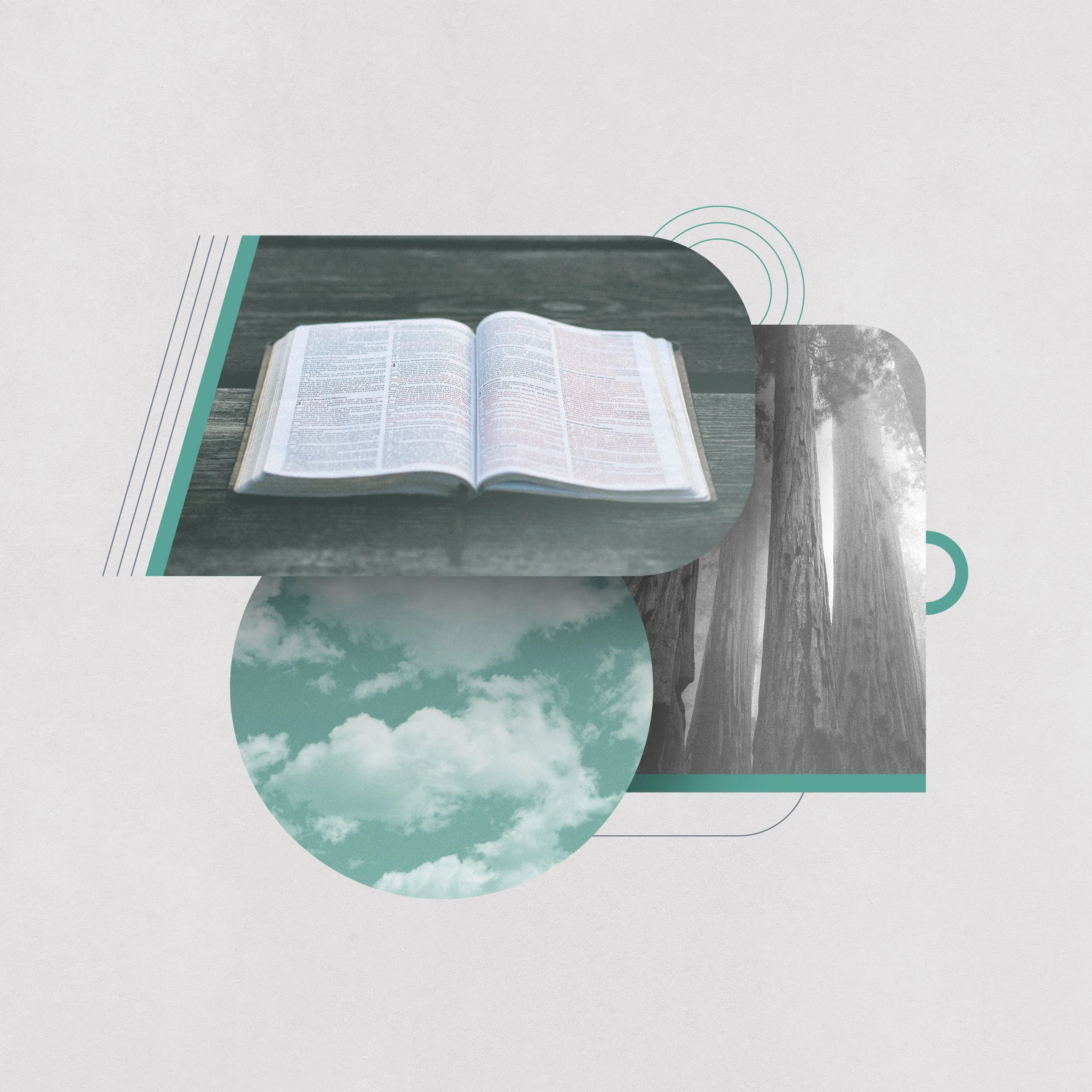3 Things You Should Know About Ezekiel

Ezekiel’s pages are littered with tension of all sorts: the people of God severed into exiles in Babylon and besieged residents in Jerusalem, a wound-up prophet from a priestly lineage who lies on his left side for 390 days and who refuses to mourn the death of his wife, and visions of esoteric symbolism combined with graphic, unsettling oracles (Ezek. 4:4–8; 24:15–24). Perhaps the greatest tension in Ezekiel lies in the revelation of God’s character: transcendent but immanent, holy and offended by sin but forgiving, and terrible in His judgment but wondrous in His mercy. Although these tensions have the potential to distress or confuse the reader, the book of Ezekiel makes known the name and glory of the Lord in a unique and instructive way.
These three things should assist you in unwinding the tension and delighting in Ezekiel’s prophecies.
1. Ezekiel’s strange visions and oracles reveal a glorious but knowable God.
You don’t have to read far into Ezekiel to experience bewilderment. His inaugural vision and call feature four living creatures (later identified as cherubim) with monstrous characteristics, a theophany of the “likeness of the glory of the Lord” that rattles the mortal senses, and a series of activities that come with his commission—including consumption of a scroll and muteness (Ezek. 1:1–3:27; 10:20). And this is just the beginning of the book. Symbolic acts, images, and pronouncements, and visitations by the glorious Lord and His angelic entourage, recur throughout its entirety (see Ezek. 10:1–22; 40:1–4).
But know this: you should experience wonderment. Encountering the glory of the transcendent God demands a response of amazement and humility. Upon receiving it, Ezekiel falls on his face (Ezek. 1:28). Part of the purpose for this record of his Spirit-filled ministry is to prompt the same awe-filled response in us. Human beings like Ezekiel, like the Babylonian exiles, and like us cannot know God on our own terms: He must make Himself known. Yet, make no mistake, Ezekiel discloses that our sovereign God is immanent and does make Himself known throughout the world, as the phrase “You will know that I am the Lord” occurs throughout the oracles both to Israel and to the nations (Ezek. 7:4, 9; 11:10; 13:9, etc.).
Sadly, human sin and apostasy require that the holy God reveal Himself first in judgment, which leads to our next point.
2. Ezekiel’s priestly lineage emerges in an emphasis on the holiness of God.
Ezekiel identifies himself as a priest at the outset of the book, but likely he never had the opportunity to serve in this capacity in Jerusalem (Ezek. 1:3). Instead, the Lord calls him to serve as His prophet, first issuing oracles of judgment against His own rebellious people, then against the wicked nations (Ezek. 1:1–24:27; 25:1–32:32). Despite this career change, Ezekiel draws heavily upon his priestly knowledge, especially regarding God’s holiness in judgment.
Ezekiel, in his Spirit-filled, prosecutorial office, does not hold back in laying bare the old covenant church’s transgressions against God’s covenantal statutes and their defilement through idolatry (Ezek. 5:6; 16:59). These actions risked “profaning” the very name of the Lord, prompting God to preserve its sanctity by removing His glorious presence (symbolized by His heavenly, portable throne) from Jerusalem and appointing for it a day of doom (Ezek. 20:9, 14). Ezekiel demonstrates the heinousness of Israel’s rebellion through different literary presentations, perhaps none more disconcerting than the allegory of two unfaithful sisters (Ezek. 23:1–49). And lest the nations rejoice over the downfall of Jerusalem and think themselves invulnerable, Ezekiel targets seven surrounding kingdoms—symbolic of all the nations of the world—with similar oracles of judgment. They, too, will answer for their wickedness and rebellion against a holy God, and the world will know His glory through their judgment.
But lest Israel abandon hope, Ezekiel invokes another priestly concept to anticipate restoration: the temple.
3. Jesus fulfills Ezekiel’s prophecies of restoration as the temple of God.
Even in the midst of judgment, the glorious, holy God of Israel prophesied restoration. He would resurrect His covenantal people as surely as Ezekiel had witnessed the revivification of dry bones (Ezek. 37:1–14). However, the Lord would not restore them merely to their condition before judgment, but He would cleanse them and give them a new heart, reestablish them in their ancestral kingdom, place over them a righteous Davidic prince, and dwell in their midst forever (Ezek. 36:22–37:28). Ezekiel envisions this changed condition of covenantal peace foremost through his vision of the new temple, which symbolizes the everlasting presence of the Lord, as made clear by the city’s name, “The Lord Is There” (see chapters 40–48).
The fulfillment of Ezekiel’s prophecy surpasses the reconstruction of the Second Temple, finding its culmination in Jesus. The Apostle John’s inspired works bear witness to it. The fullness of the glory of God is manifested in the incarnate Son of God, who tabernacles in the midst of His people and makes God known (John 1:14–18). Jesus identifies Himself with the temple, comparing the trauma of its destruction with His crucifixion and the glory of its restoration with His resurrection (John 2:18–22). Furthermore, even as Ezekiel envisions a river flowing from the temple, giving life to all the world, so Jesus declares Himself the source of living waters (John 4:1–43; 7:37–39). In his own final vision, John witnesses this same river flowing from the throne of God and the Lamb, having brought cleansing and healing to His people scattered among the nations (Rev. 22).
The great tension of Ezekiel has blossomed into the greatest potential imaginable: the everlasting presence of God and the Lamb.
This article is part of the Every Book of the Bible: 3 Things to Know collection.


